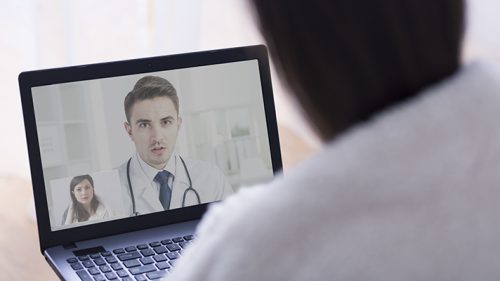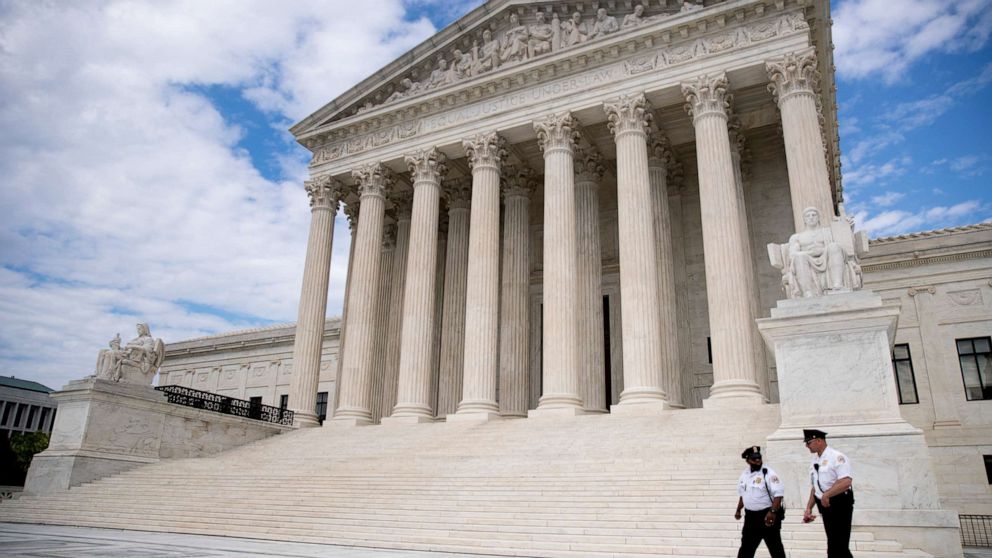Expanding telehealth among freedom-based solutions to COVID-19 pandemic
When a crisis comes, often the best thing government can do is get out of the way. That is certainly true for healthcare. Whether arcane Certificate of Need regulations or restrictions on doctors practicing across state lines, the coronavirus crisis has been a wakeup call to the regulatory state, leading to questioning whether these restrictions were ever truly needed.
Though currently waived on a temporary basis only, the introduction of a national health emergency has led to the relaxation of several restrictions on healthcare professionals and institutions.
- Last week, Vice President Mike Pence announced that doctors would now be allowed to practice across state line to address growing cases of coronavirus.
- One day earlier, President Trump announced an unprecedented expansion of telehealth services to Medicare enrollees so that patients can see their doctor electronically at no additional cost. Medicaid/Medicare Director Seema Verma referred to telemedicine as a “gamechanger” for the healthcare industry. An HHS “Notice of Enforcement Discretion” will also allow patients to use platforms like Skype, Zoom, and Google Hangouts to consult with their physician which was previously not allowed.
The pandemic has led South Carolina to ask healthcare providers to step up to the plate to offer free online consults to those experiencing COVID-19 symptoms. SCDHEC even posted a code that can be used to get a free screening with one of those providers. You can view that list and info on how to get a screening here.
Telemedicine is possible in South Carolina due to Act 210 (2016), a Palmetto Promise Institute priority that year. As an organization with a history of fighting for telemedicine, we would like to see it expanded and current provisions interpreted broadly.
Many Direct Primary Care (DPC) doctors in South Carolina have had telehealth capabilities for years. DPC practices operate on a program that has a fixed monthly cost for patients (as low as $60/month). Subscribers aren’t being billed per visit, which allows for frequent follow-ups and virtual visits. That means no huge bills from a physician and the indecipherable Explanation of Benefits from the health insurance company.
Since the coronanvirus hit South Carolina, we decided to check in with DPC Dr. Shane Purcell in Anderson, SC. He reports that he had 4 virtual visits in the last two weeks with just one patient who had a fever. He is keeping track of their progress so that he can advise on whether they should get tested for the novel coronavirus. “We’ve been doing telemedicine for the last 5 years,” said Dr. Purcell, “and it doesn’t cost our patients any extra.”
While telemedicine is legal in South Carolina, when COVID-19 hit, there were still some licensing restrictions that made practicing telemedicine more cumbersome. Doctors who did not have a practice in South Carolina were not able to see South Carolina patients virtually. Then came COVID-19. DHEC (the State Department of Health & Environmental Control) through the state Board of Medical Examiners worked to have more doctors qualified as South Carolina physicians.
Some private insurers in South Carolina don’t cover telehealth consults or online sessions, although recently Blue Cross Blue Shield has adjusted their rules in light of the epidemic. To permanently close this loophole, Representative JA Moore has said that he will be filing a bill to expand telehealth services for those who aren’t covered by insurance. Moore feels it is important to provide services to those who shouldn’t leave their home and those who may live in a rural area without access to a hospital.
Governor Henry McMaster has been a supporter of expanding access to telemedicine for years and has repeatedly mentioned utilizing the free telehealth consult for COVID-19 in his press conferences.
The wave of deregulation over the last week will provide new flexibility to healthcare providers when they need it most and give access to those who may not otherwise have it. We commend Palmetto State lawmakers who are working to remove unnecessary barriers to the healthcare industry during this time of crisis and urge them to make these waivers permanent.





